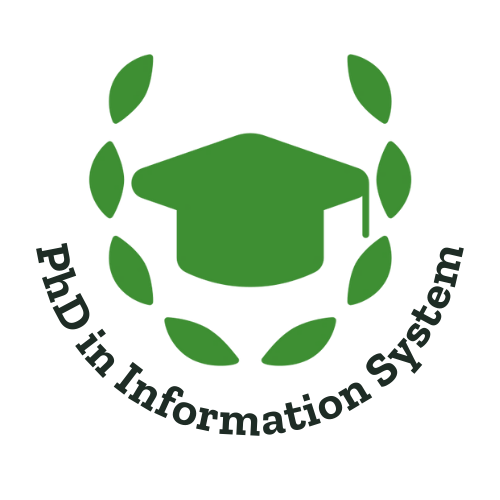Pursue a PhD Depends on a Few Things
Yes, it depends on what you’re looking for in your life and career. It’s certainly not for everyone, but it can be for you. Just like anything worthwhile, it involves a lot of hard work, diligence, patience, and perseverance. The purpose of the last statement is not to dissuade you from pursuing it if this is a goal. It serves as a reminder that the main ingredients are hard work, diligence, patience, and perseverance. Knowing why you want to pursue a PhD (your why) should keep you working hard, diligent, patient, and persevering.
What’s your why?
Hard work:
Some synonyms for hard work are endurance and effort. So, if you are used to or know that you can work hard to start and complete this goal, then by all means.
Diligence:
The dictionary definition for the word is “careful and persistent work or effort”. It does take an average of 5 years to complete a Ph.D. So, do you think you can be careful and persistent in working for about 4 to 6 years to complete a Ph.D.? If yes, then consider the wonderful possibility that you have what it takes. Remember that just like in other endeavors, stuff happens. When stuff does happen, can you still be diligent?
Patience:
I just looked up the definition for ‘patience’ on Google, and the result says, “the capacity to accept or tolerate delay, trouble, or suffering without getting angry or upset“. This is something, isn’t it? Now, the “without getting angry or upset” is the thing that needs our focus. Again, this is not unlike other worthy endeavors that you’ve encountered and conquered. However, it is important that one is reminded at the onset. Are you willing to stay on a problem until you find the answer or solution, which might involve learning a few new skills just to tackle a portion of the problem?
Perseverance:
It means being persistent in something despite the difficulties in attaining the goal.
Aside from the above virtues, there are other more concrete aspects. Given that conducting research is the main focus of Pursue a Ph.D., one needs to be able to do a lot of reading, writing, and describing ideas. You know the saying, you have to read to be able to write, and you have to write to know whether the ideas in your head make any sense (this is me paraphrasing).
If you’ve never liked writing essays (by the way, you can learn to be good at), and never liked reading lots of articles, books, etc. (you can also learn it), or do not like describing your thought process or having them challenged (can be learned, too), then you can learn these if you’re still interested in pursue a PhD. It would just need a little more time and effort at the outset. However, if you like doing these things already, then you already have some of the core aspects down.
What business subject drives you? Is there something, about which you what to learn more? For me, it was data. More specifically, the power of data to change minds. I had always wanted to learn more about how data could be interpreted and harnessed in business environments. The 1990’s correlation between diapers and beer at Teradata was the clincher. I could not stop thinking about all the other possibilities. I wanted to dig deeper, to learn everything that I could about it. I am still learning.
So, what’s your why? Why do you want to study for Pursue a PhD?
Hold onto that and then, apply to a university of your choice.

